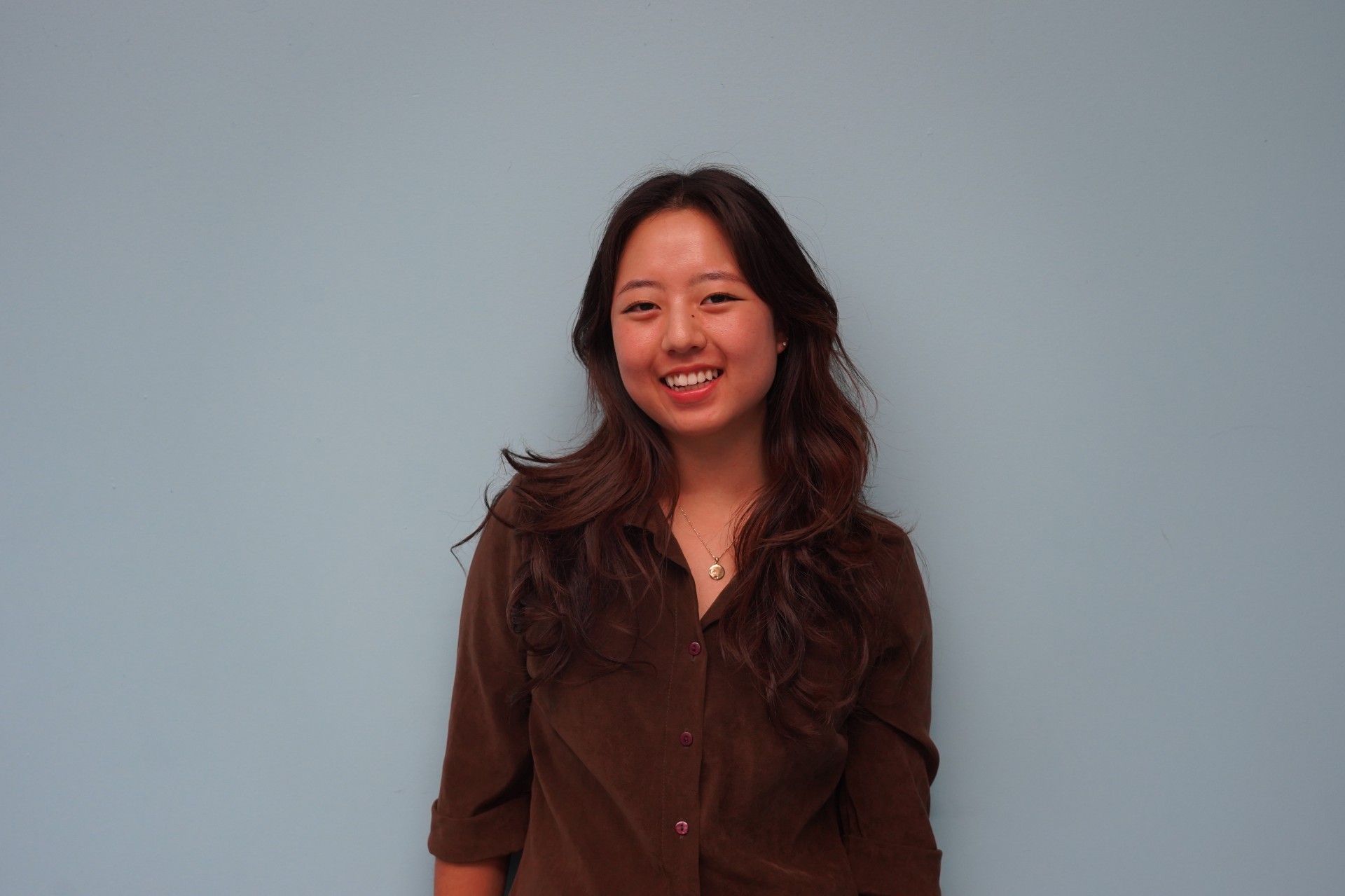
Yoojin Jo ('27), a Neuroscience major, conducted research with Dr. Tiffany Hwa (Department of Otorhinolaryngology) on clinical methods to screen for hearing loss. This research was supported by the Penn Undergraduate Research Mentoring Program.
Last summer, I participated in a clinical research project where I collected data on a bedside screen for conductive hearing loss, otherwise called the “hum test”. The basic idea is that patients with conductive hearing loss hear the hum echoing more loudly in their affected ear. Normally a tuning fork is used to test for hearing loss in clinical settings, but this study was designed to determine the reliability of the hum test as an alternative that would allow doctors to evaluate patients in primary care settings lacking immediate access to the tuning fork.
I was drawn to this topic because I have always been interested in how the brain processes sounds, as well as how this process differs depending on the type of sound, whether loud or soft, high or low pitched, or speech or music. As a pianist of 13 years, the beauty of hearing properly was significant to me personally, and it was exciting to learn that my mentor had a shared passion for music as well. I felt eager to contribute to a study that would allow for early and necessary diagnosis of hearing loss. Through this opportunity, I learned niche topics about the ear while directly interacting with patients (pictured below) and shadowing in the clinic and operating room throughout the summer.
I am lucky to have found a mentor who was one of the most understanding and approachable mentors I’ve had. I was able to build an authentic relationship with her, and despite her busy clinic and surgery schedule, she would make time to actively communicate with me and make sure I wasn’t lost during the research process. Whether it was catching up with her weekly or chatting with her and asking questions after clinic, I felt comfortable learning, making mistakes, and trying again while working with her. Observing my mentor’s careful and quick-thinking approaches to effective communication, I developed valuable communication skills — skills that I could take with me far into my professional pursuits and newer social environments.
Interested in reading more first-hand accounts about undergraduate research? Check out the other experiences featured on our Student News Page and Social Media!
Related Articles
